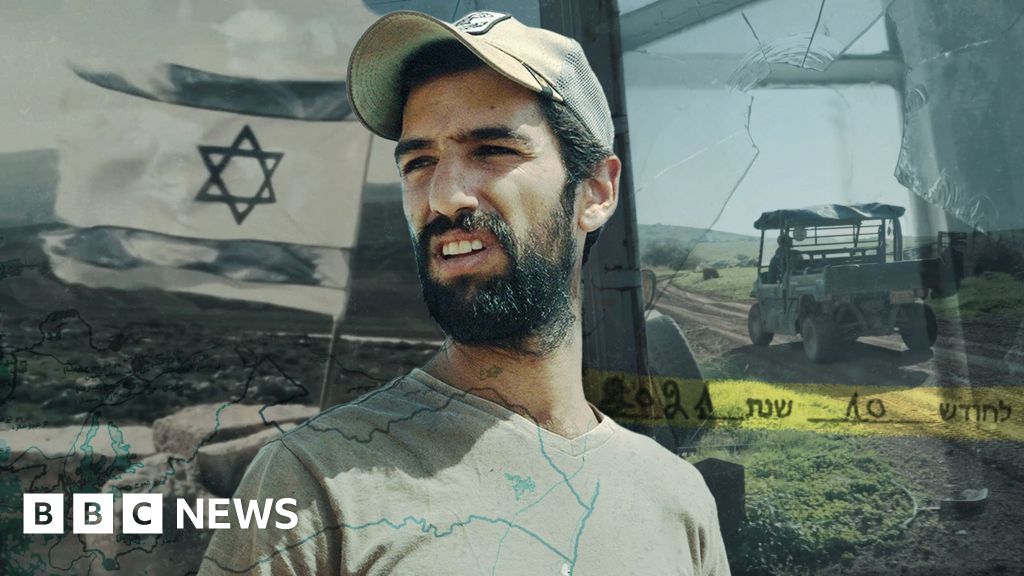Last October, Palestinian grandmother Ayesha Shtayyeh says a man pointed a gun at her head and told her to leave the place she had called home for 50 years.
She told the BBC the armed threat was the culmination of an increasingly violent campaign of harassment and intimidation that began in 2021, after an illegal settler outpost was established close to her home in the occupied West Bank.
The number of these outposts has risen rapidly in recent years, new BBC analysis shows. There are currently at least 196 across the West Bank, and 29 were set up last year - more than in any previous year.
The outposts - which can be farms, clusters of houses, or even groups of caravans - often lack defined boundaries and are illegal under both Israeli and international law.
But the BBC World Service has seen documents showing that organisations with close ties to the Israeli government have provided money and land used to establish new illegal outposts.



Maybe law just works differently in rural areas but
How do farms and clusters of houses just appear? Are they no better than ramshackle sheds or are they proper houses? If the latter - how are these materials getting out there without anoune noticing for prolonged periods - the two countries are locked in a heated “no u” and I would have a assumed watching their borders closer than someone having a month across it building a house with a goat shed and chicken coop before being noticed and told to leave.
Maybe one side turns a blind eye or quietly supports it?
A few wooden stakes, a roll of chicken wire, an AR-15, and an overwatching IDF sniper or armored vehicle. That’s your settler starter pack.